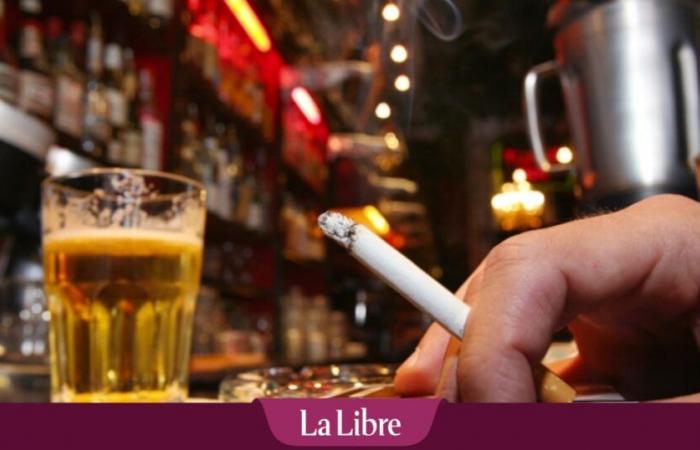The researchers followed 371 people born in 1959, interviewed at several stages of their lives (27, 36, 42, 50 and 61 years). The observation is clear: if the consequences of a festive lifestyle seem minimal in their twenties, they become tangible from the thirties, and persist far beyond. The study reveals a strong correlation between these habits and an increase in cases of depression, cancers, heart and pulmonary diseases, as well as an increased risk of premature death.
A Belgian discovery offers new hope in the fight against breast and prostate cancers
“Diseases such as cancer or cardiovascular conditions are among the main causes of death worldwide. By adopting a healthy lifestyle, we can clearly reduce the probability and prolong its life expectancy,” said Dr. Tiia Kekäläinen, the main author of the study.
According to the researcher, it is essential to target risky behaviors from an early age, such as tobacco, excessive alcohol or sedentaryaries consumption, in order to limit the cumulative effects. “These habits, if they are not modified, have lasting consequences, sometimes irreversible, on physical and mental health.”
The study is nevertheless reassuring: positive changes are still possible after the CAP of quarantine. “It is never too late to improve his lifestyle. Even at mature age, these adjustments can have a significant long-term health effect,” she concludes.
A message that finds echo in Belgium, where the mental health of the thirties, weakened by the pandemic and economic stress, attracts more and more the attention of the public authorities.
“There is a change of mentality in relation to alcohol consumption”






